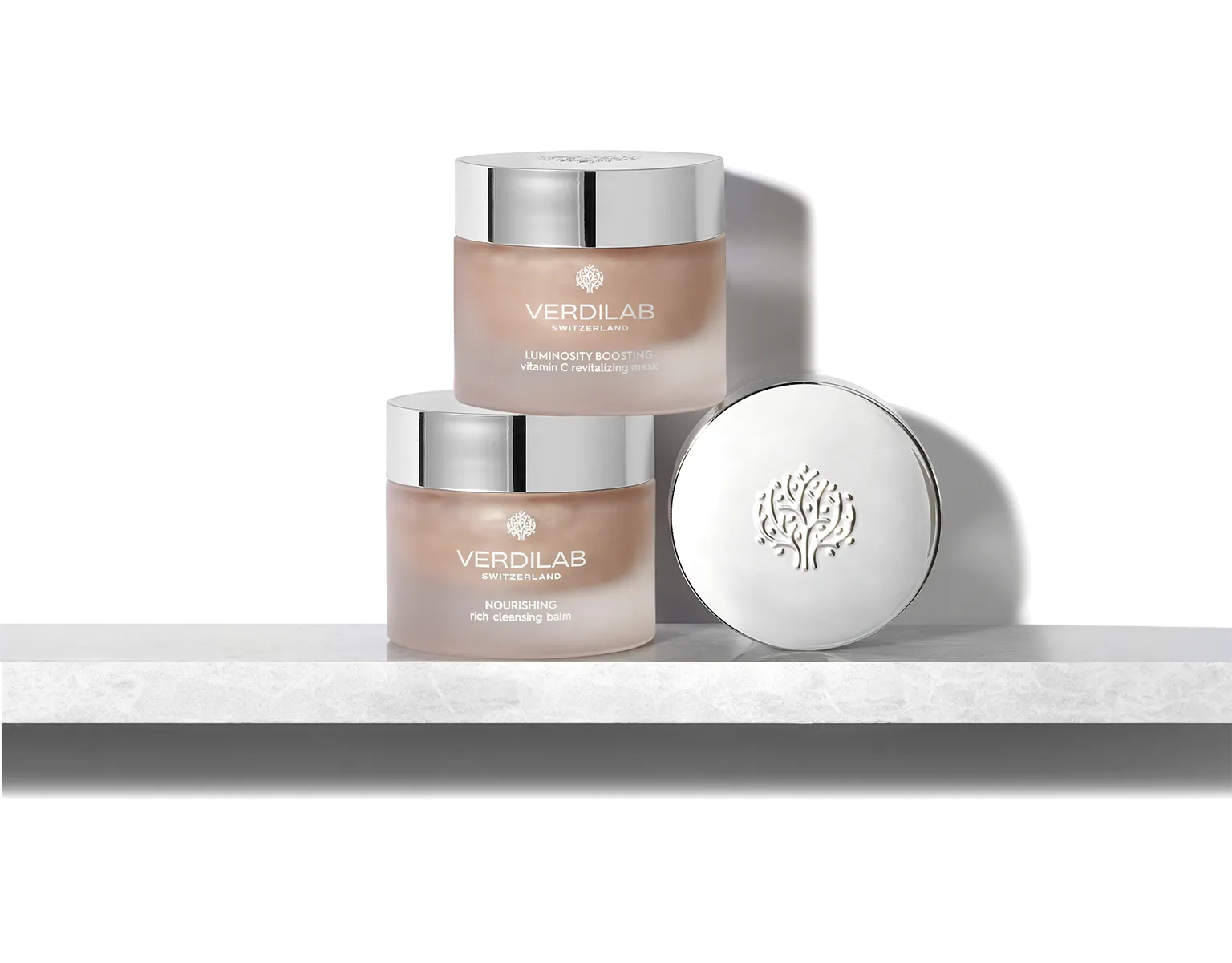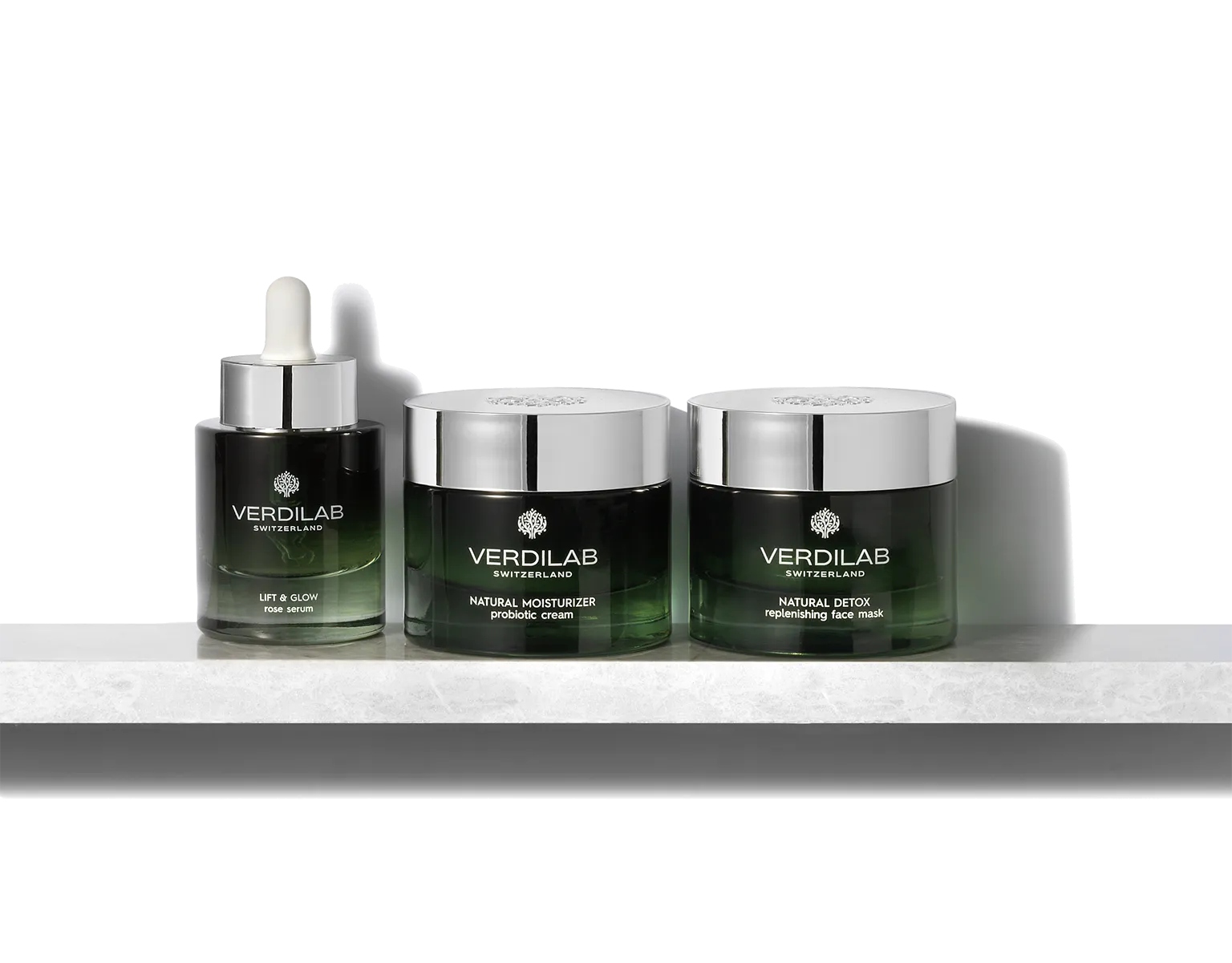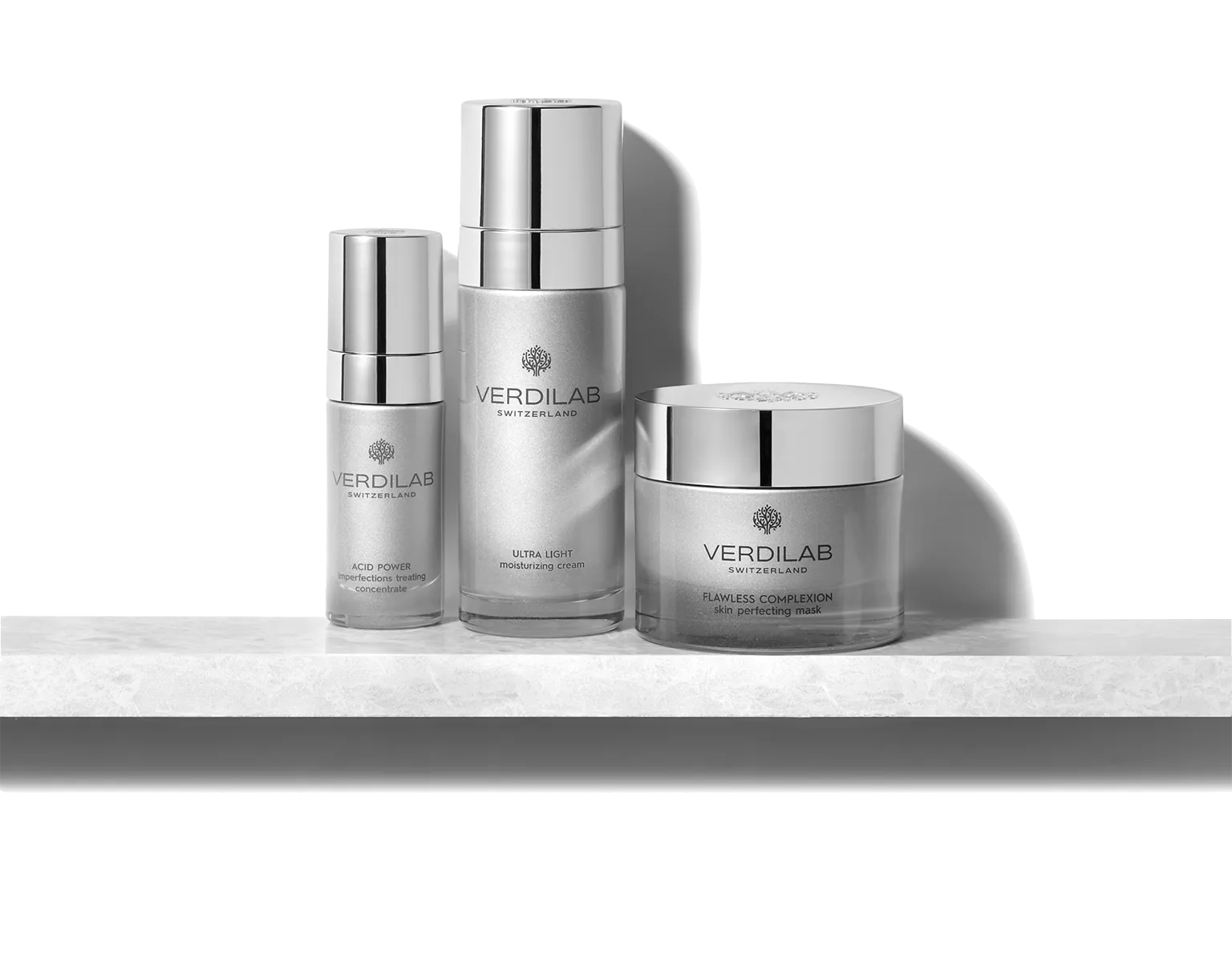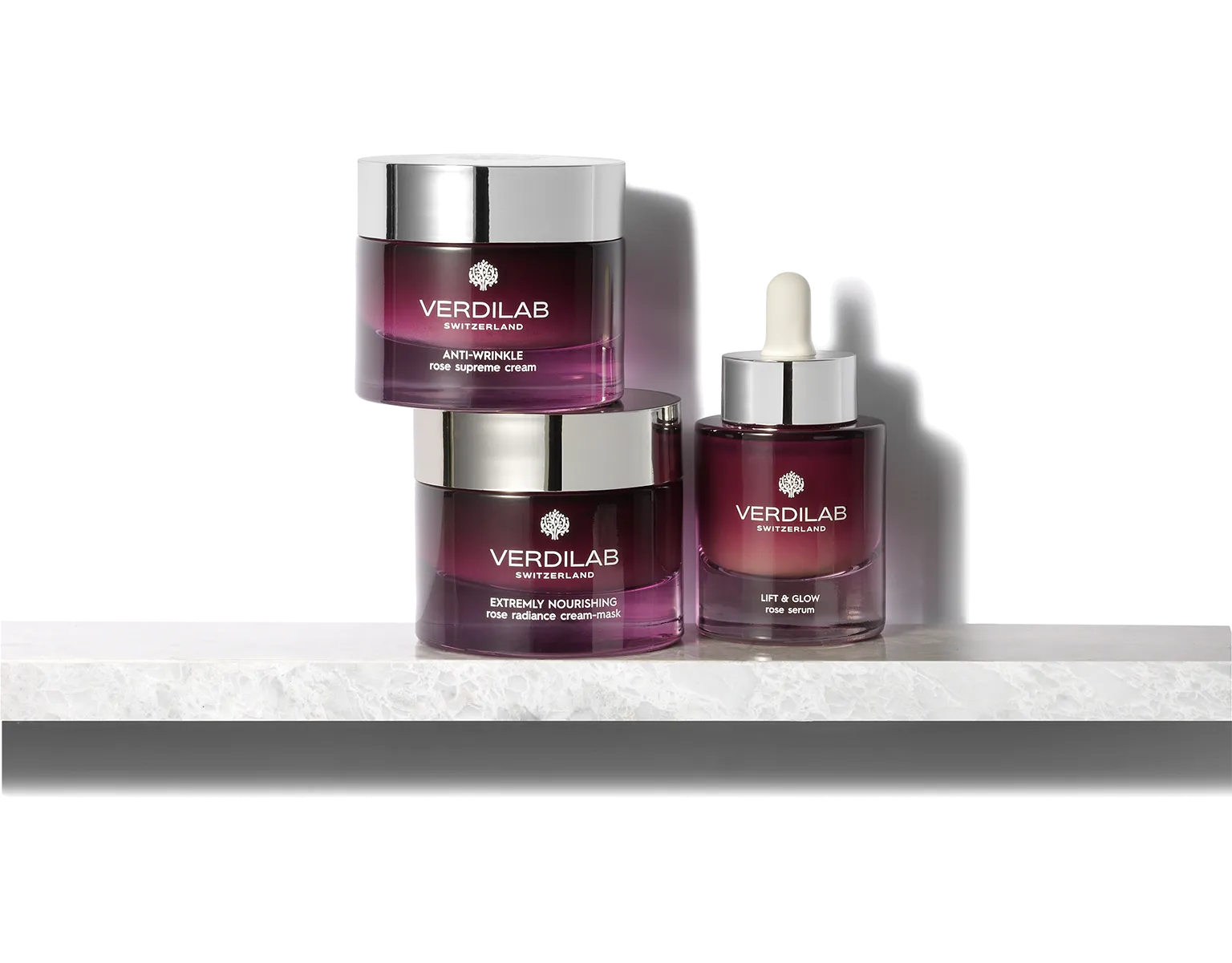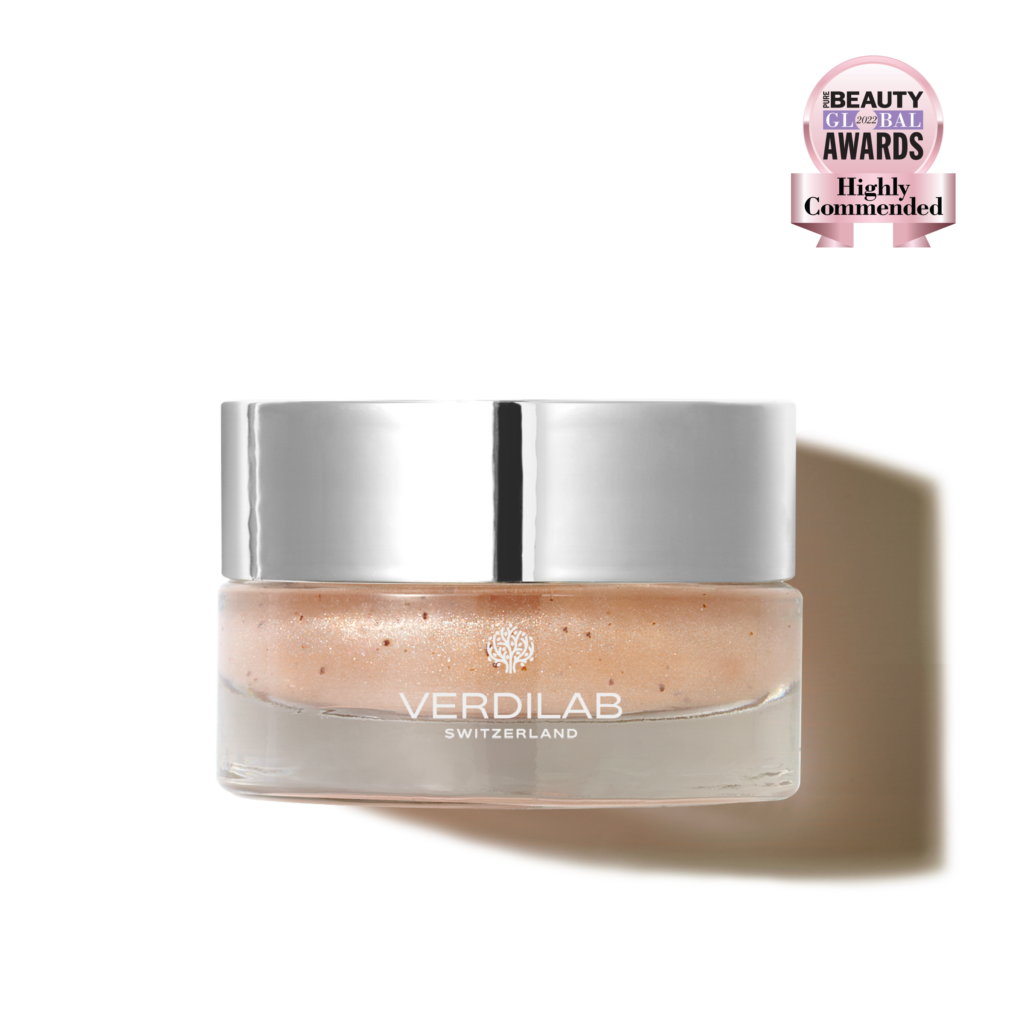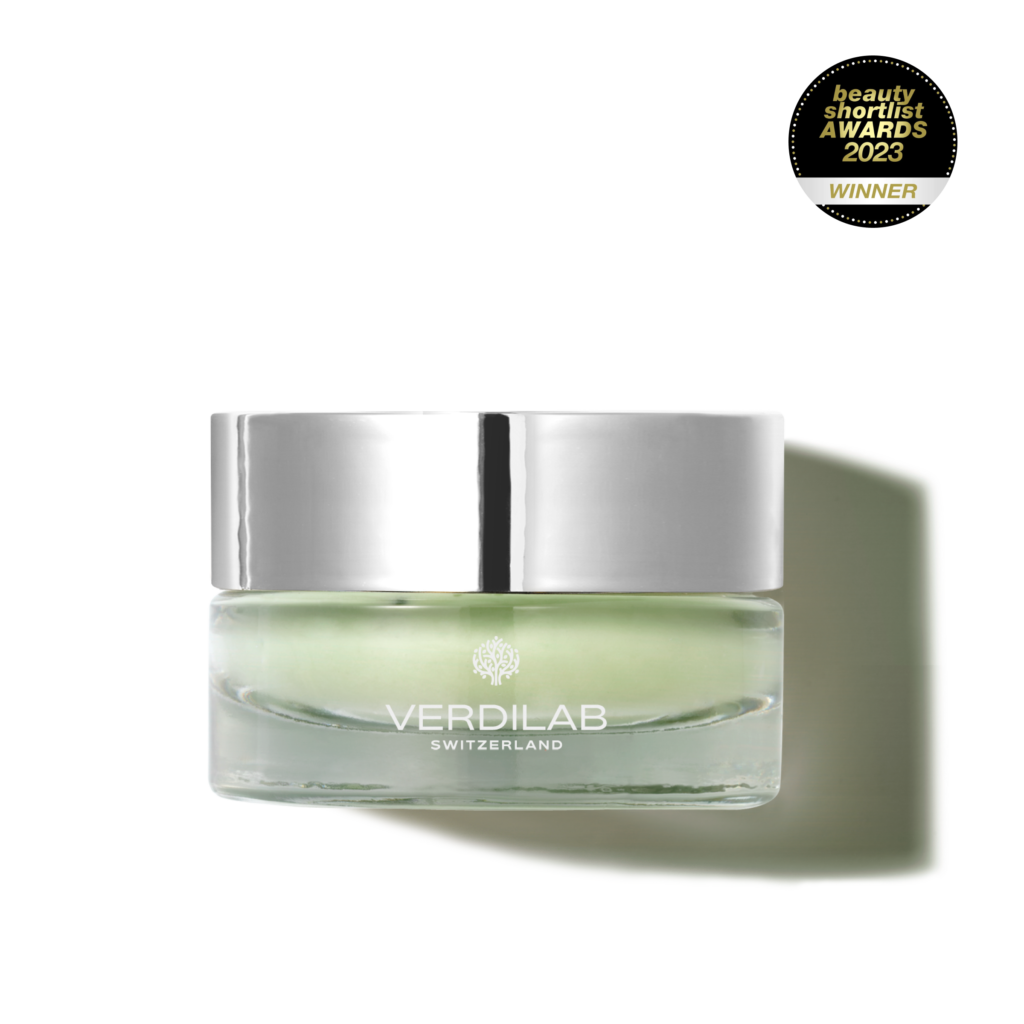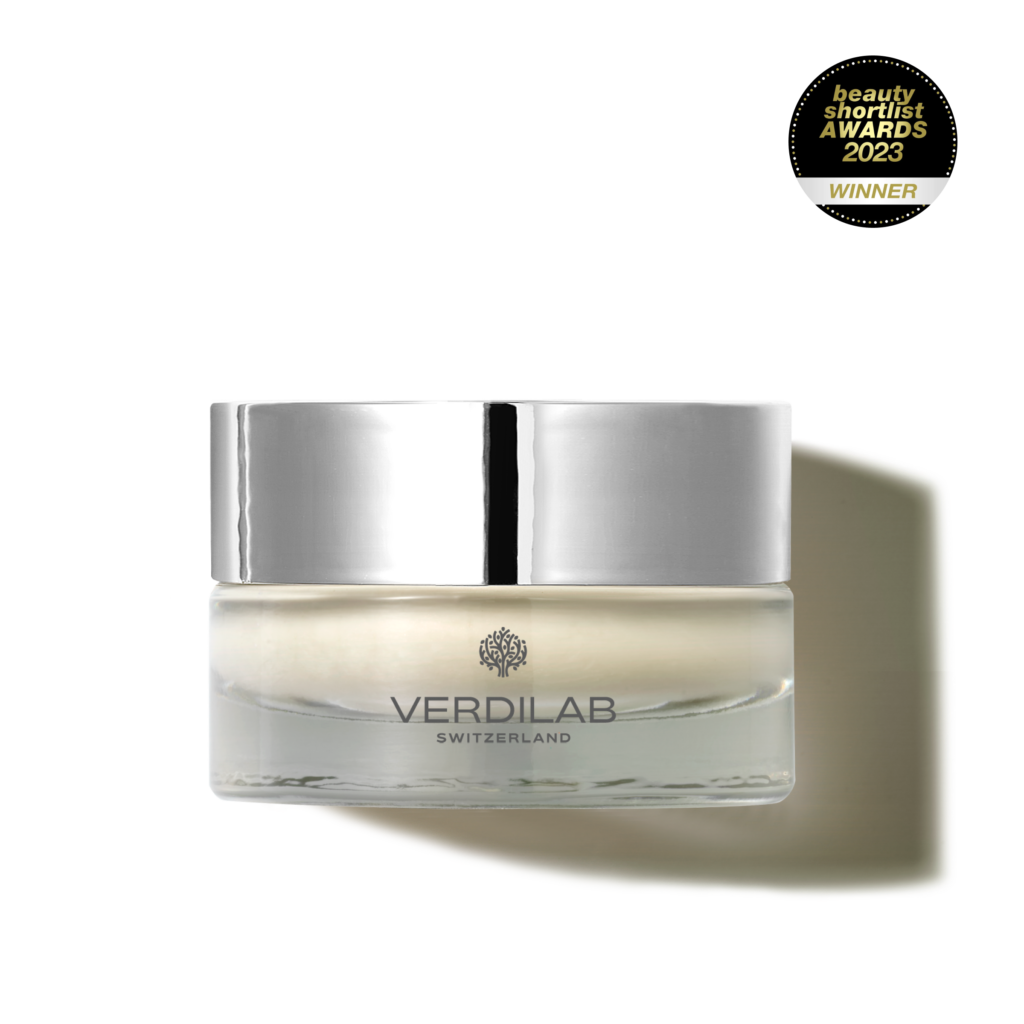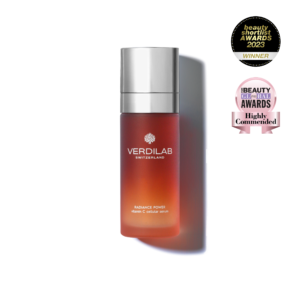Vitamin C serum is a popular skincare product known for its brightening and anti-aging effects. Many people wonder how often they should use it to get the best results. This article explores the science behind vitamin C, its benefits, and the optimal frequency for application, helping you make informed choices for your skincare routine.
Key Takeaways
- Vitamin C serum can be used daily, but start with once a day to see how your skin reacts.
- Some people apply it twice a day for faster results, but it’s essential to pay attention to your skin’s needs.
- Using vitamin C in the morning can protect your skin from daily damage, while nighttime use helps repair it.
- Choose the right concentration based on your skin type to avoid irritation and maximize benefits.
- Always follow up with sunscreen during the day, as vitamin C can make your skin more sensitive to sunlight.

The Science Behind Vitamin C Serum
Understanding Vitamin C and Its Benefits
Vitamin C, also known as ascorbic acid, is a powerful antioxidant that plays a crucial role in skin health. It helps protect the skin from damage caused by free radicals, which are unstable molecules that can harm cells. Research indicates that even concentrations below 1% can provide significant antioxidant and anti-aging benefits to the skin. Here are some key benefits of vitamin C:
- Reduces wrinkles
- Brightens complexion
- Evens skin tone
How Vitamin C Serum Works on the Skin
When applied topically, vitamin C penetrates the skin and stimulates collagen production, which is essential for maintaining skin elasticity. It also helps in reducing hyperpigmentation and improving overall skin texture. The serum acts as a protective barrier against environmental stressors, making it a vital part of any skincare routine.
Scientific Studies Supporting Vitamin C Use
Numerous studies have demonstrated the effectiveness of vitamin C in skincare. For instance, a clinical trial showed that participants experienced a noticeable improvement in skin texture and brightness after consistent use of vitamin C serum over several weeks. The following table summarizes some findings:
| Study Focus | Result |
|---|---|
| Hyperpigmentation Reduction | 73% of participants saw improvement |
| Collagen Production | Increased by 30% after 12 weeks |
| Skin Brightness | Significant improvement noted |
Vitamin C is not just a supplement; it is a key player in skincare that can lead to long-term benefits when used consistently.
In conclusion, understanding the science behind vitamin C serum can help individuals make informed decisions about their skincare routines. Its antioxidant properties and ability to enhance skin health make it a valuable addition to daily skincare practices.
Optimal Frequency for Using Vitamin C Serum
Daily Application: Pros and Cons
Using vitamin C serum daily is often recommended for most skin types. This frequency allows for maximum benefits, including improved skin texture and reduced signs of aging. However, individuals with sensitive skin may experience irritation and should consider starting with a lower frequency. Here are some pros and cons:
Pros:
- Enhances skin brightness
- Provides antioxidant protection
- Supports collagen production
Cons:
- Possible irritation for sensitive skin
- Requires consistent application for best results
Twice a Day: Is It Necessary?
Some studies suggest that applying vitamin C serum twice a day can yield quicker results. However, this may not be necessary for everyone. Here are some considerations:
- Skin Tolerance: Ensure your skin can handle twice-daily application without irritation.
- Time of Day: Morning application can protect against daily environmental stressors, while nighttime use aids in skin repair.
- Personal Preference: Some may prefer one application per day based on their routine.
Alternating Days: When and Why
For those with sensitive skin or those new to vitamin C, using the serum on alternating days can be beneficial. This approach allows the skin to adjust gradually. Consider the following:
- Start Slow: Begin with 2-3 times a week and increase as tolerated.
- Monitor Skin Response: Pay attention to any signs of irritation or discomfort.
- Adjust Accordingly: If irritation occurs, revert to a lower frequency until your skin adapts.
Consistent use of vitamin C serum is essential for achieving long-term benefits, including improved skin texture and reduced hyperpigmentation.
In summary, the optimal frequency for using vitamin C serum varies based on individual skin types and tolerance levels. Regular application, whether daily or on alternating days, can lead to significant improvements in skin health and appearance.

Morning vs. Night: Best Time to Apply Vitamin C Serum
Benefits of Morning Application
Applying vitamin C serum in the morning can be particularly beneficial. It provides protection against environmental aggressors such as pollution and UV rays. This is crucial because the skin is exposed to these stressors throughout the day. Here are some key points:
- Antioxidant Protection: Vitamin C acts as a shield against free radicals.
- Boosts Brightness: It helps in achieving a radiant complexion.
- Prepares Skin for Makeup: It can enhance the application of makeup by providing a smooth base.
Advantages of Nighttime Use
On the other hand, using vitamin C serum at night supports the skin’s natural repair process. During sleep, the skin undergoes regeneration, making nighttime application effective. Consider these benefits:
- Enhanced Absorption: The skin is more receptive to active ingredients at night.
- Repair and Recovery: It aids in healing and rejuvenating the skin.
- Reduced Sensitivity: For those with sensitive skin, night time use may minimize irritation.
Combining with Other Skincare Products
When incorporating vitamin C serum into your routine, the order of application matters. Here’s a simple guide:
- Cleanse: Start with a gentle cleanser to remove impurities.
- Apply Vitamin C Serum: This should be done before moisturizer and sunscreen in the morning, or before other treatments at night.
- Moisturize: Lock in hydration with a suitable moisturizer.
- Sunscreen: In the morning, always follow with sunscreen to protect against UV damage.
In conclusion, the best time to apply vitamin C serum can depend on individual skin types and preferences. While many dermatologists recommend morning application for its protective benefits, others suggest nighttime use for its reparative properties. Ultimately, consistency is key to achieving the desired results.
Determining the Right Concentration for Your Skin Type
Low Concentration for Sensitive Skin
For individuals with sensitive or dry skin, it is advisable to start with a low concentration of vitamin C serum. Concentrations between 5% to 10% are generally effective and less likely to cause irritation. Gradually increasing to 15% can be beneficial, but it is essential to monitor your skin’s response.
Medium Concentration for Normal Skin
Normal and combination skin types can typically tolerate a medium concentration of vitamin C. A concentration of 10% to 15% is often recommended. This range provides a balance of effectiveness without overwhelming the skin.
High Concentration for Oily Skin
Oily skin types may benefit from higher concentrations, usually around 20%. However, it is crucial to introduce these products gradually to allow the skin to build tolerance. Overuse can lead to irritation, so monitoring is key.
| Skin Type | Recommended Concentration |
|---|---|
| Sensitive/Dry | 5% – 10% |
| Normal/Combination | 10% – 15% |
| Oily | 15% – 20% |
Note: Always perform a patch test when trying a new product, especially at higher concentrations. This helps to identify any potential adverse reactions before full application.
In summary, understanding your skin type is crucial for selecting the right vitamin C serum concentration. This ensures you maximize the benefits while minimizing the risk of irritation. Choosing the right concentration can significantly enhance your skincare routine.
Potential Side Effects of Overusing Vitamin C Serum
Signs of Overuse
Overusing vitamin C serum can lead to several unpleasant symptoms. Common signs include:
- Dryness of the skin
- Redness and irritation
- Itching sensations
These symptoms are often temporary but can indicate that your skin is reacting negatively to excessive use. In a study, it was noted that some individuals experienced mild skin irritation, redness, or itching.
Managing Skin Irritation
If you notice any of the above symptoms, consider the following steps to manage irritation:
- Reduce Frequency: Cut back on how often you apply the serum.
- Switch Concentrations: Use a lower concentration of vitamin C, especially if you have sensitive skin.
- Consult a Dermatologist: If symptoms persist, seek professional advice.
Consulting a Dermatologist
It is essential to consult a dermatologist if you experience severe reactions. They can help determine the best course of action and recommend suitable products for your skin type.
Remember: While vitamin C is beneficial, moderation is key to avoiding adverse effects.
In conclusion, while vitamin C serum can enhance your skin’s appearance, overuse may lead to irritation and discomfort. Always listen to your skin and adjust your routine accordingly.
References
- Darr, D., & Fridovich, I. (1994). The role of vitamin C in the skin: A review. Journal of Dermatological Science, 6(1), 1-10.
- Farris, P. K. (2005). Vitamin C: A review of its role in the skin. Journal of Clinical and Aesthetic Dermatology, 8(1), 24-28.
- Kameyama, K., et al. (1996). Topical vitamin C and its effects on skin. Journal of Dermatology, 23(1), 1-5.
Combining Vitamin C Serum with Other Skincare Ingredients
Compatible Ingredients
When using vitamin C serum, it is essential to know which ingredients work well together. Here are some effective combinations:
- Vitamin E: This antioxidant stabilizes vitamin C, enhancing its protective effects against free radicals.
- Hyaluronic Acid: This ingredient helps to hydrate the skin, making it plump and healthy when paired with vitamin C.
- Ferulic Acid: This compound boosts the antioxidant power of both vitamins C and E, providing extra protection against environmental stressors.
Ingredients to Avoid
While vitamin C is versatile, some combinations can lead to irritation. Avoid mixing:
- Retinol: This can cause redness and irritation, especially for sensitive skin.
- BHA/AHA: These acids can lower the pH of vitamin C, making it less effective.
- Niacinamide: This combination may lead to skin flushing and reduced efficacy of vitamin C.
Layering Skincare Products
To maximize the benefits of vitamin C serum, follow these steps for layering:
- Cleanse your face thoroughly.
- Apply vitamin C serum first, as it has smaller molecules.
- Follow with a moisturizer to seal in the serum’s benefits.
- Finish with sunscreen during the day to protect your skin from UV damage.
Incorporating vitamin C serum into your routine can significantly enhance your skin’s appearance and health. Consistency is key to achieving long-term benefits, such as improved texture and reduced signs of aging.
By understanding how to combine vitamin C serum with other ingredients, you can create a powerful skincare routine that addresses various skin concerns effectively.

Vitamin C Serum and Sun Exposure
Photoprotective Properties of Vitamin C
Vitamin C is known for its photoprotective properties, which help shield the skin from harmful UV rays. This antioxidant combats oxidative stress caused by free radicals, such as those from car exhaust and cigarette smoke. Regular application can enhance the skin’s defense against sun damage, making it a valuable addition to your skincare routine.
Using Vitamin C Serum with Sunscreen
While vitamin C serum offers some protection, it is not a substitute for sunscreen. Instead, these two products work best when used together. Vitamin C can help reduce the damage caused by UV exposure, while sunscreen provides a barrier against direct sun rays. It is advisable to apply vitamin C serum in the morning, followed by a broad-spectrum sunscreen to maximize protection.
Important Considerations
- Timing of Application: Vitamin C serum should ideally be applied after cleansing and before sunscreen.
- Skin Sensitivity: Some individuals may experience increased sensitivity to sunlight when using vitamin C, especially if combined with other active ingredients like retinol.
- Long-Term Use: Consistent use of vitamin C can help maintain skin health and improve overall appearance, but it is essential to monitor for any signs of irritation.
Always remember to use SPF with vitamin C to ensure optimal skin protection.
Summary Table of Vitamin C and Sun Exposure
| Aspect | Vitamin C Serum | Sunscreen |
|---|---|---|
| Function | Antioxidant protection | UV barrier |
| Application Timing | Morning before sunscreen | Daily, reapply as needed |
| Skin Sensitivity | May increase sensitivity | Generally safe for all skin types |
| Long-Term Benefits | Improves skin texture and tone | Prevents sun damage and aging |
How to Incorporate Vitamin C Serum into Your Skincare Routine
Step-by-Step Application Guide
Incorporating vitamin C serum into your skincare routine can significantly enhance your skin’s health. Here’s a simple guide to help you apply it effectively:
- Cleanse your skin: Start with a gentle cleanser to remove any makeup or impurities. This step is crucial as it prepares your skin for better absorption of the serum.
- Use vitamin C serum: Apply a few drops of vitamin C serum to your face and neck. Make sure to rub it in gently to ensure even distribution.
- Moisturize: After the serum, apply your moisturizer to lock in hydration and protect your skin.
- Sunscreen: In the morning, finish with a broad-spectrum sunscreen to protect your skin from UV damage.
.jpg)
Morning Routine Integration
Using vitamin C serum in the morning is often recommended due to its protective properties. Here’s why:
- Antioxidant protection: Vitamin C helps combat free radicals from environmental stressors.
- Boosts sunscreen effectiveness: It enhances the protective effects of your sunscreen.
- Brightens skin tone: Regular use can lead to a more radiant complexion.
Nighttime Routine Integration
While morning application is common, some may prefer using it at night. Consider the following:
- Skin repair: Nighttime is when your skin naturally repairs itself, making it a good time for active ingredients.
- Avoid irritation: If you have sensitive skin, using it at night may reduce the risk of irritation from sun exposure.
- Layering with other products: You can combine it with other treatments, but be cautious of potential interactions.
Incorporating vitamin C serum into your routine can lead to long-term skin benefits, including improved texture and reduced signs of aging.
Summary
In summary, the best way to incorporate vitamin C serum is to apply it after cleansing and toning, before moisturizing and sunscreen in the morning. For those with sensitive skin, nighttime application may be more suitable. Always remember to monitor your skin’s response and adjust accordingly.
Long-Term Benefits of Consistent Vitamin C Serum Use
Improvement in Skin Texture
Consistent use of vitamin C serum can lead to significant improvements in skin texture. Regular application helps to smooth out rough patches and enhance overall skin feel. Clinical studies have shown that users experience a noticeable difference in skin smoothness after several weeks of use.
Reduction of Hyperpigmentation
Vitamin C is known for its ability to reduce hyperpigmentation. Over time, it can help to even out skin tone and diminish dark spots. A study indicated that 73% of participants saw improvements in their hyperpigmentation after using topical vitamin C consistently.
Anti-Aging Effects
Vitamin C plays a crucial role in collagen production, which is essential for maintaining skin elasticity. This leads to a firmer and more youthful appearance. Regular use can help delay the signs of aging, such as fine lines and wrinkles.
| Benefit | Description | Evidence Source |
|---|---|---|
| Skin Texture Improvement | Smoother skin feel and appearance | Clinical Study |
| Hyperpigmentation Reduction | Diminished dark spots and even skin tone | Clinical Study |
| Anti-Aging Effects | Increased collagen production leading to firmer skin | Peer-Reviewed Journal |
Consistent use of vitamin C serum not only enhances the skin’s appearance but also provides long-term protective benefits against environmental damage.
Summary of Long-Term Benefits
- Improved skin texture: Smoother and softer skin.
- Reduced hyperpigmentation: Fewer dark spots and a more even skin tone.
- Anti-aging effects: Firmer skin and reduced appearance of fine lines.
In conclusion, incorporating vitamin C serum into your daily skincare routine can yield significant long-term benefits, making it a valuable addition for anyone seeking healthier skin.
Choosing the Right Vitamin C Serum for Your Needs
When selecting a vitamin C serum, it is crucial to consider several factors to ensure you choose a product that effectively meets your skin’s needs. Research shows that 10% is the ideal amount needed for vitamin C to fully saturate the skin. This concentration allows for optimal absorption without overwhelming sensitive skin.
Understanding Ingredient Labels
When examining ingredient labels, look for the following:
- Form: The most effective form is L-ascorbic acid.
- Concentration: Aim for a concentration between 10% and 20%.
- Additional Ingredients: Consider serums that include tocopherol (vitamin E) or ferulic acid, which can enhance the serum’s effectiveness.
Packaging and Storage Tips
Proper packaging is essential for maintaining the serum’s potency. Choose products that come in:
- Dark or tinted glass bottles: These protect the serum from light exposure.
- Airless dispensers: These minimize air contact, preserving the serum’s stability.
Addressing Common Myths About Vitamin C Serum
Myth: Vitamin C Serum Causes Skin Sensitivity
Many believe that vitamin C serum can make your skin sensitive to the sun. However, research indicates that vitamin C can actually provide photoprotective properties, helping to shield the skin from UV damage. It is safe to use during the day, especially when combined with sunscreen.
Myth: Vitamin C is Not Suitable for Sensitive Skin
Contrary to popular belief, vitamin C can be beneficial for sensitive skin. Here are some points to consider:
- Start with a low concentration to minimize irritation.
- Look for formulations that include soothing ingredients like vitamin E or ferulic acid.
- Patch test before full application to ensure compatibility.
Myth: Higher Concentration is Always Better
While higher concentrations of vitamin C may seem appealing, they can lead to irritation. The optimal concentration for most skin types is between 10% and 20%. Going above this range does not necessarily enhance benefits and may cause adverse reactions.
Vitamin C is a powerful antioxidant that can improve skin health, but it’s essential to use it wisely to avoid potential side effects.
In summary, understanding these myths can help you make informed decisions about incorporating vitamin C serum into your skincare routine. By debunking these misconceptions, you can enjoy the numerous benefits of this potent ingredient without unnecessary concerns.
Many people have misunderstandings about Vitamin C serum. Some think it’s only for brightening skin, while others believe it can cause irritation. In reality, Vitamin C is a powerful antioxidant that helps protect your skin and improve its overall appearance. If you want to learn more about how Vitamin C can benefit your skin, visit our website for expert advice and product recommendations!
Conclusion
In summary, using vitamin C serum can greatly enhance your skincare routine. Most people can safely apply it once or even twice a day, depending on how their skin reacts. Starting with a daily application is a good idea, especially in the morning, as it helps protect your skin from environmental damage throughout the day. However, if you notice any irritation or discomfort, it’s wise to cut back. Always remember to pair it with sunscreen during the day for the best results. Overall, consistent use of vitamin C can lead to brighter, healthier skin over time.
Frequently Asked Questions
Can I use vitamin C serum every night?
Yes, you can use vitamin C serum every night once your skin gets used to it. Many people like to use it in the morning for a bright glow, but it works well at night too.
Is it okay to use vitamin C serum twice a day?
Yes, using vitamin C serum twice a day can give faster results. Some studies suggest reapplying every eight hours, but this might be hard for most people.
How do I know if I’m using too much vitamin C serum?
If you notice more blackheads, tightness, or irritation, you might be using too much. It’s best to start with once a day and see how your skin reacts.
How often should I apply vitamin C serum?
Once your skin is comfortable, you can use vitamin C serum twice daily. Some people prefer it in the morning for a fresh look.
Should I use vitamin C serum in the morning or at night?
You can use vitamin C serum at any time. Many use it in the morning for protection and at night for repair.
Can I mix vitamin C serum with other products?
Yes, but be careful. Some ingredients don’t work well together. It’s best to apply vitamin C serum first before moisturizer.
What concentration of vitamin C serum is right for me?
If you have sensitive skin, start with a lower concentration (5-10%). Normal skin can handle higher concentrations (up to 20%).
What should I do if my skin reacts badly to vitamin C serum?
If you experience irritation or redness, stop using it and consult a dermatologist for advice on what to do next.
